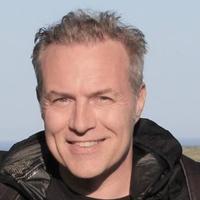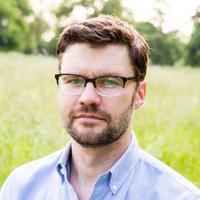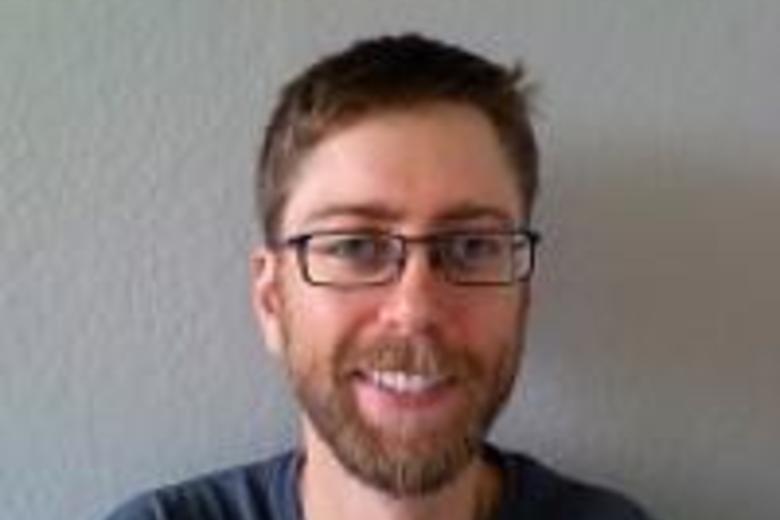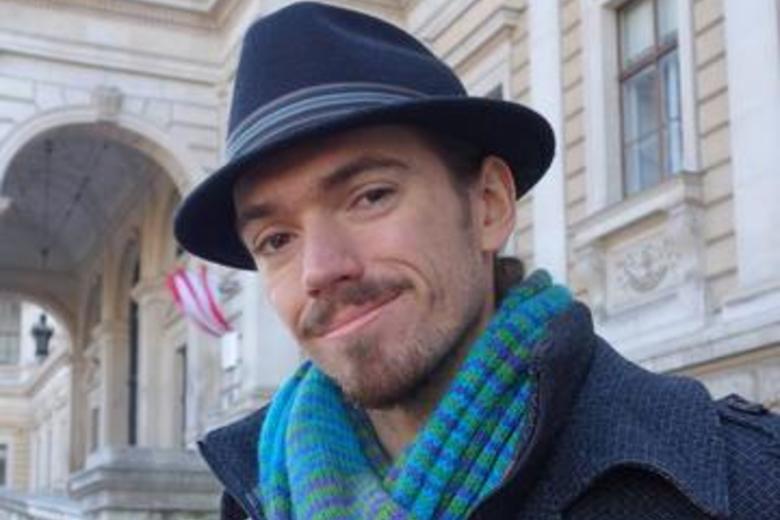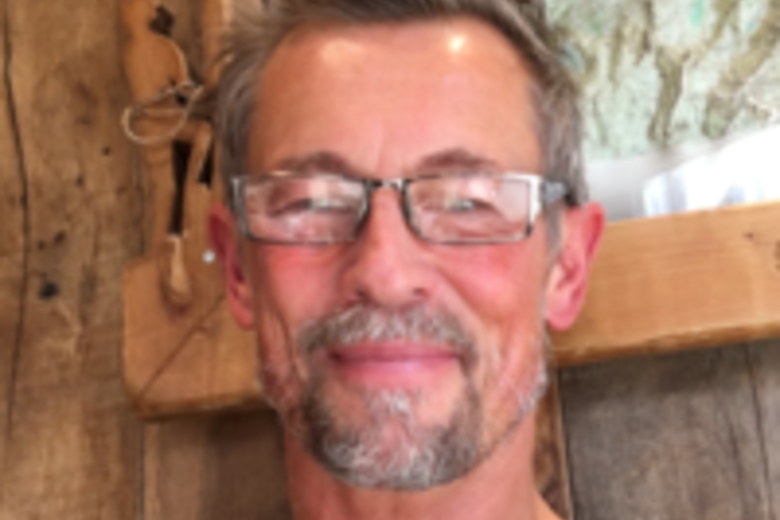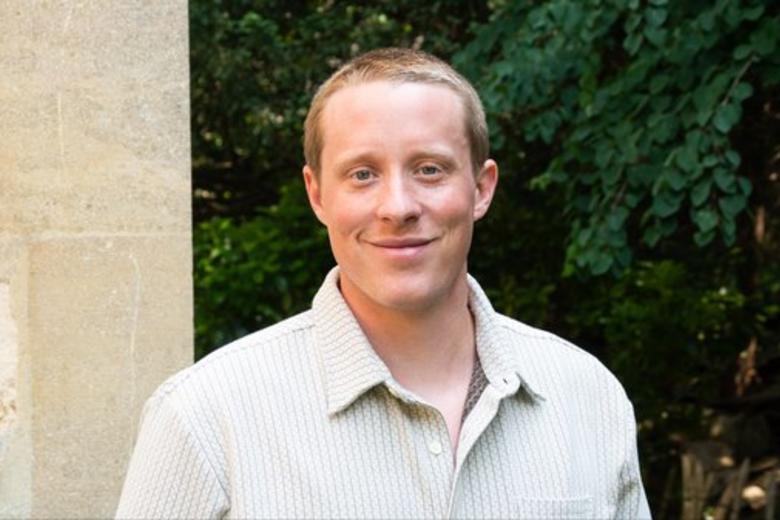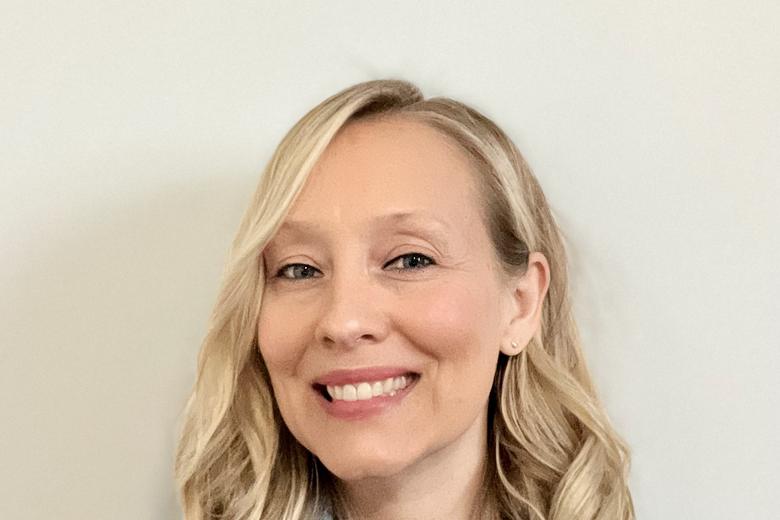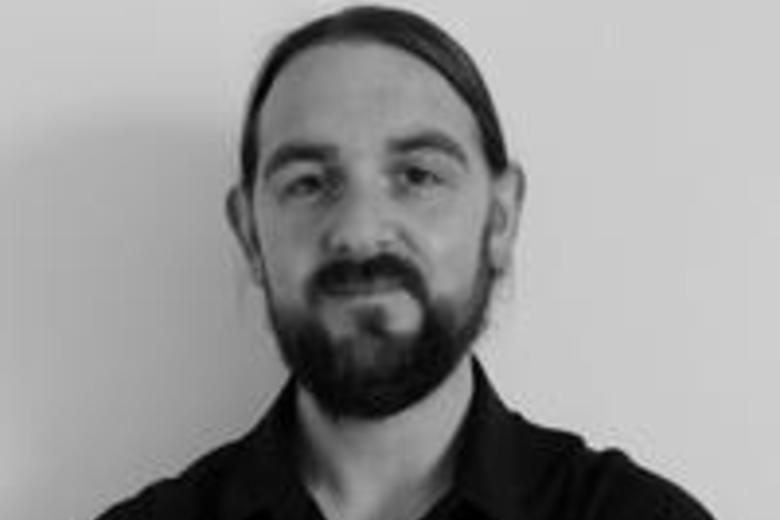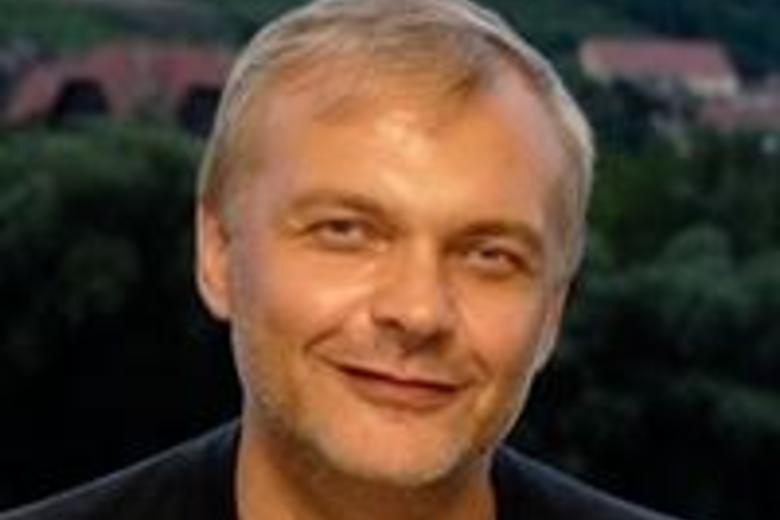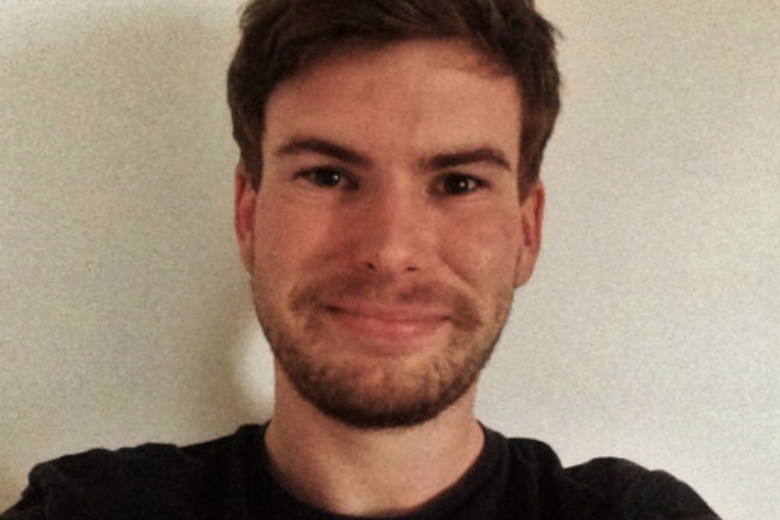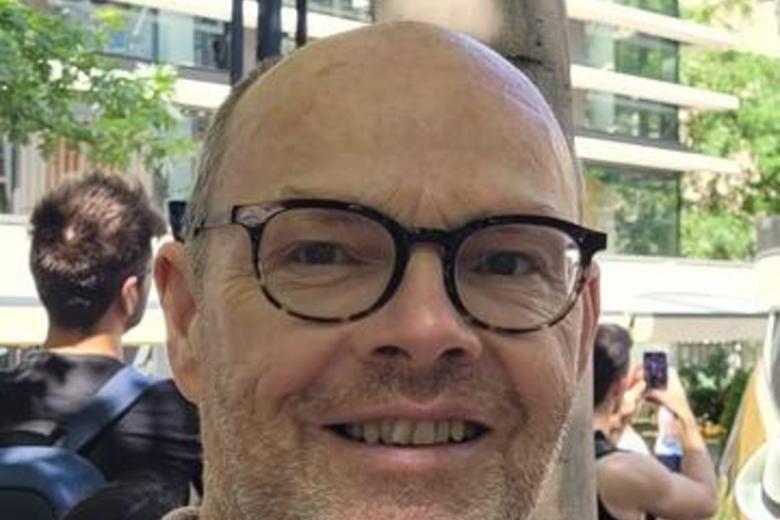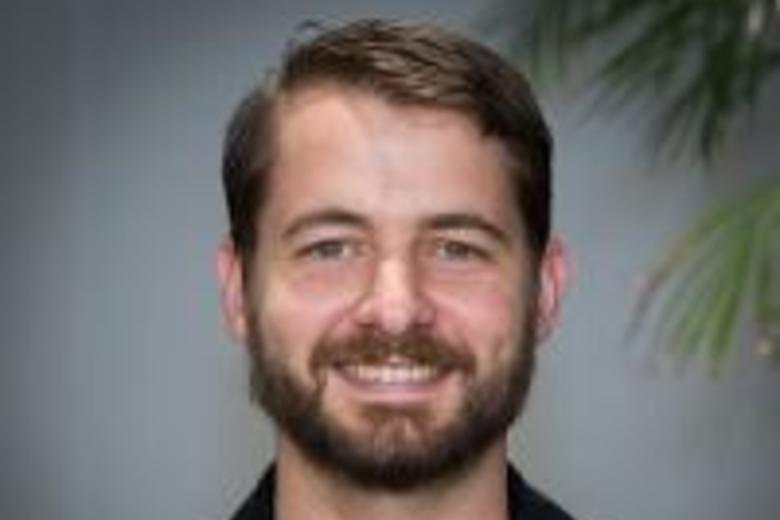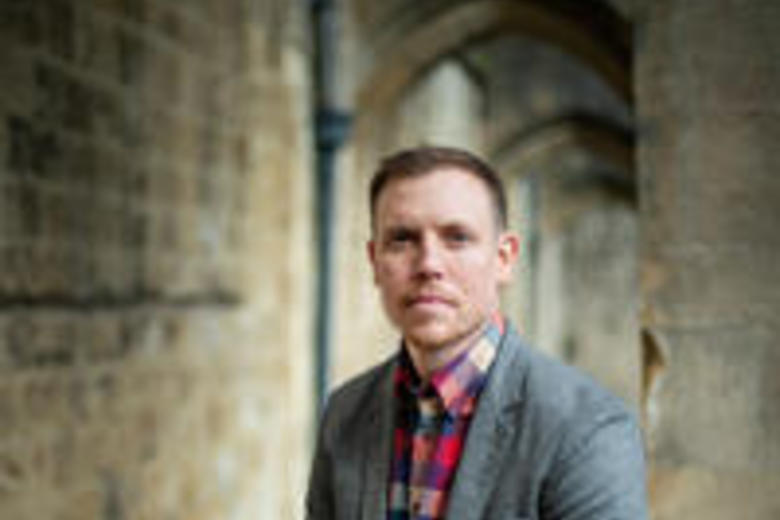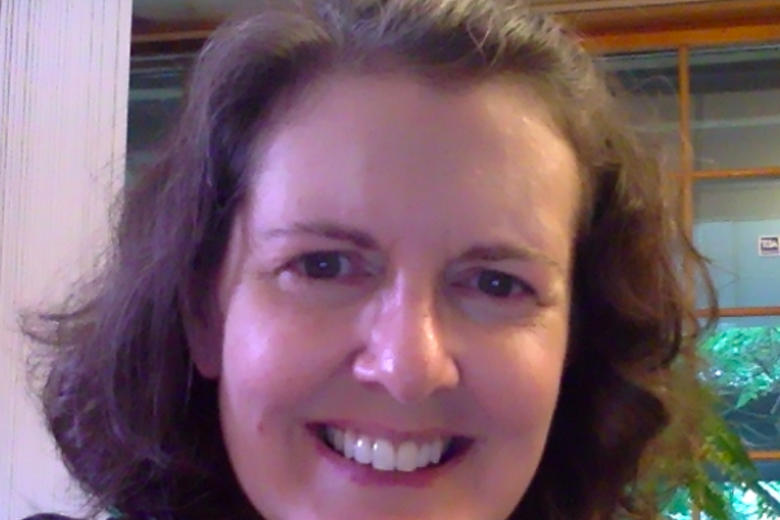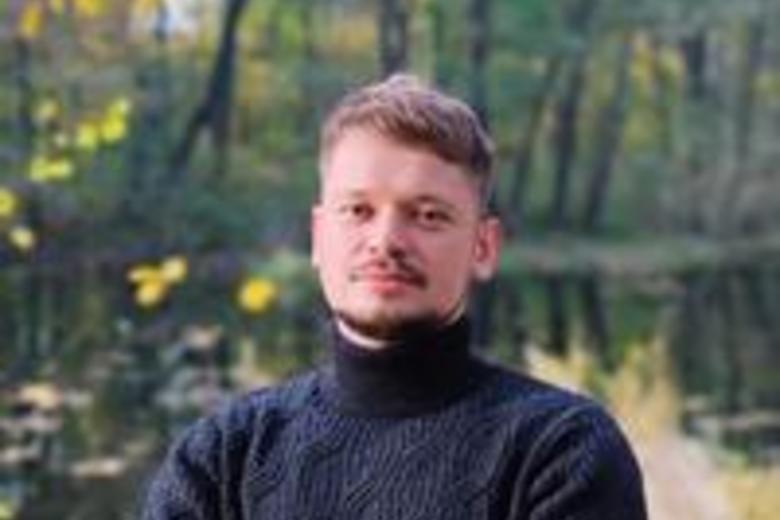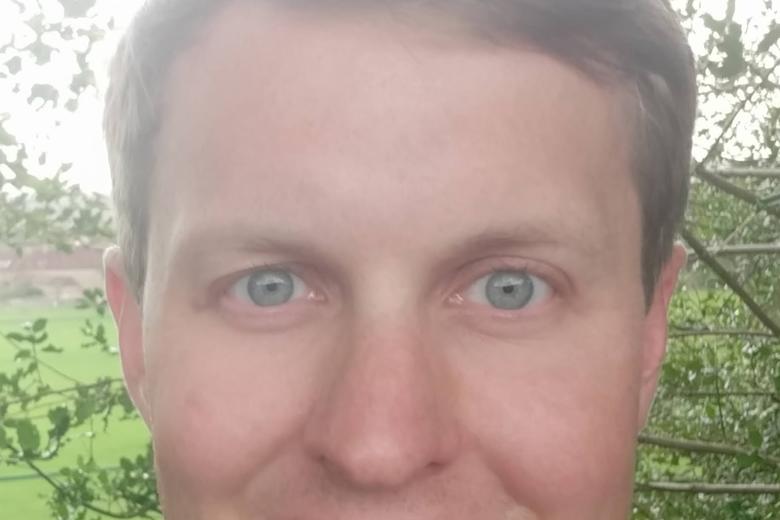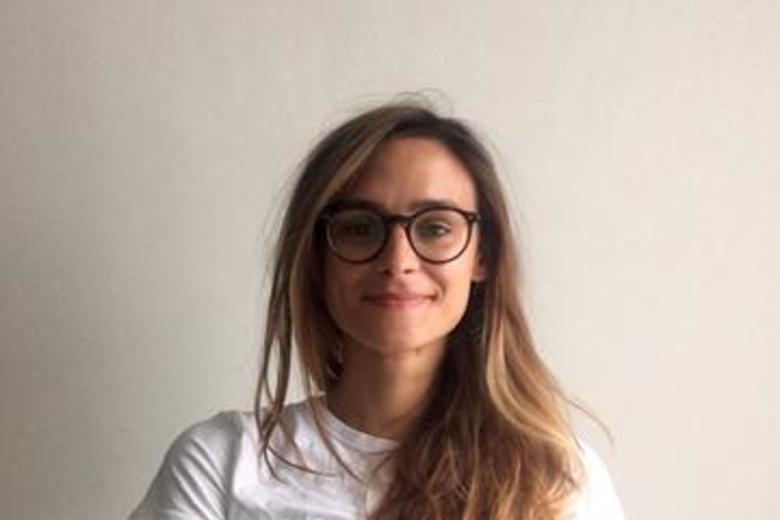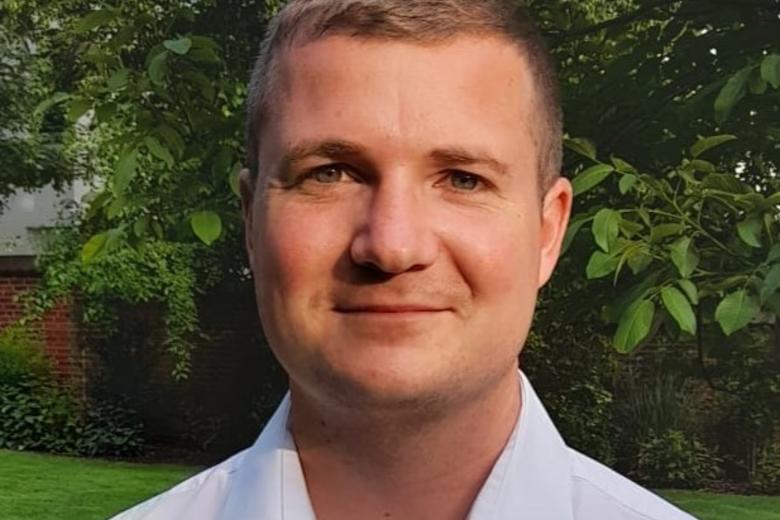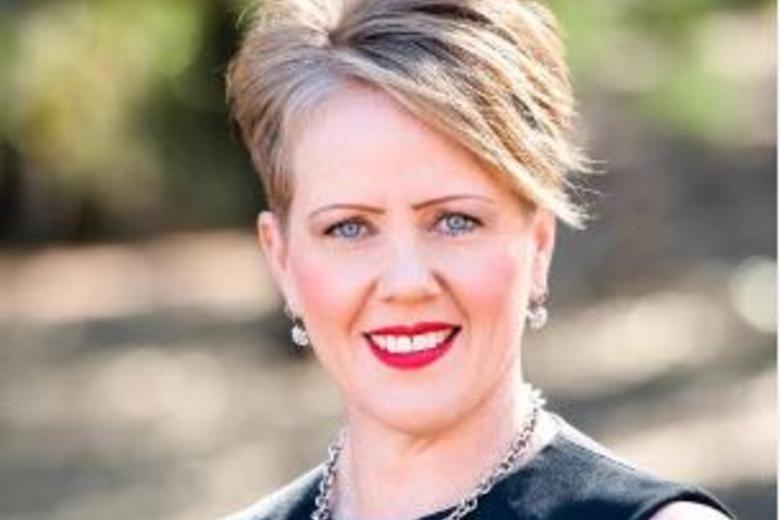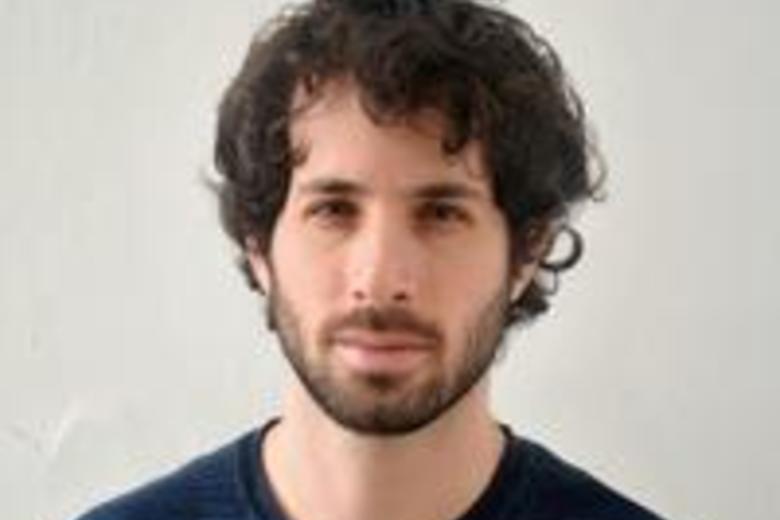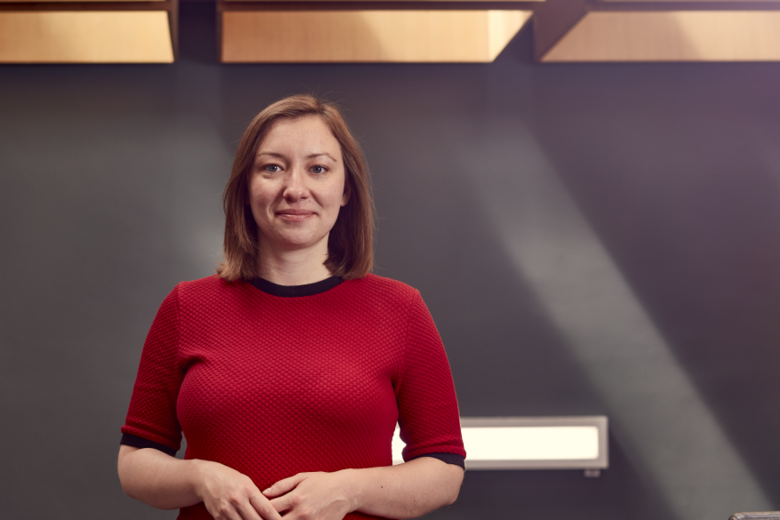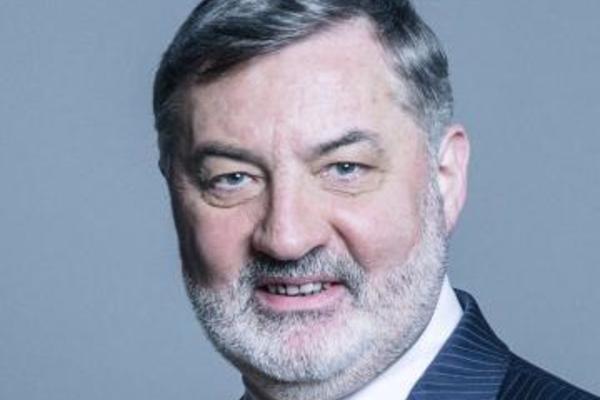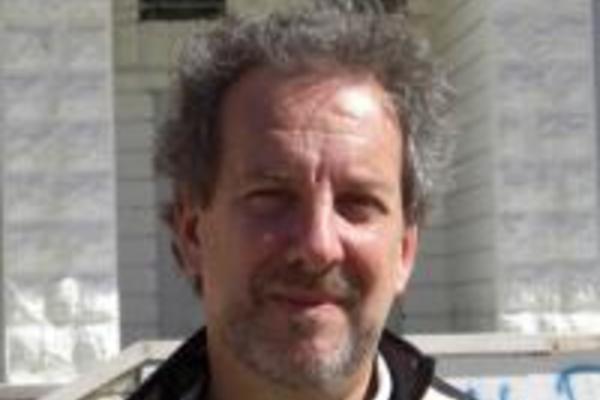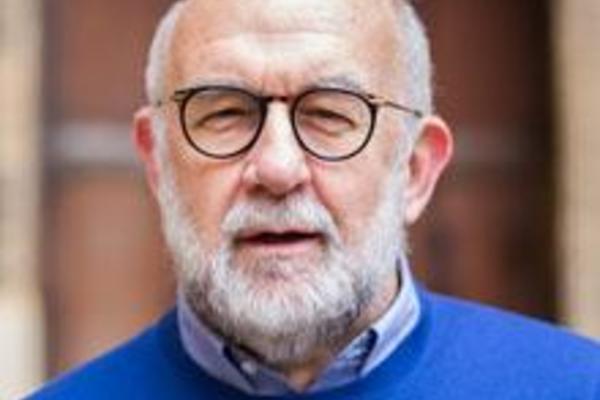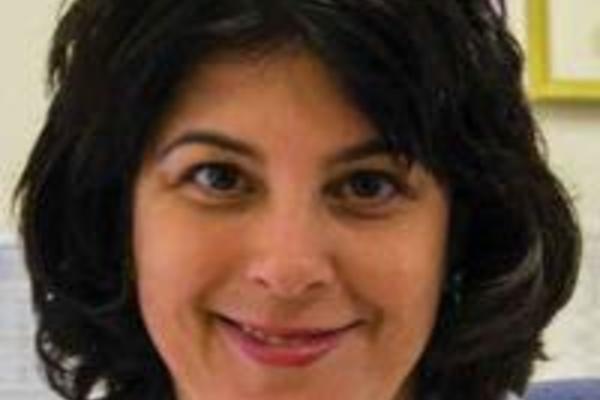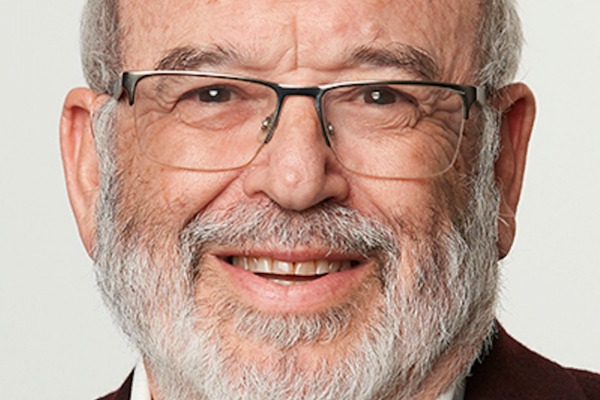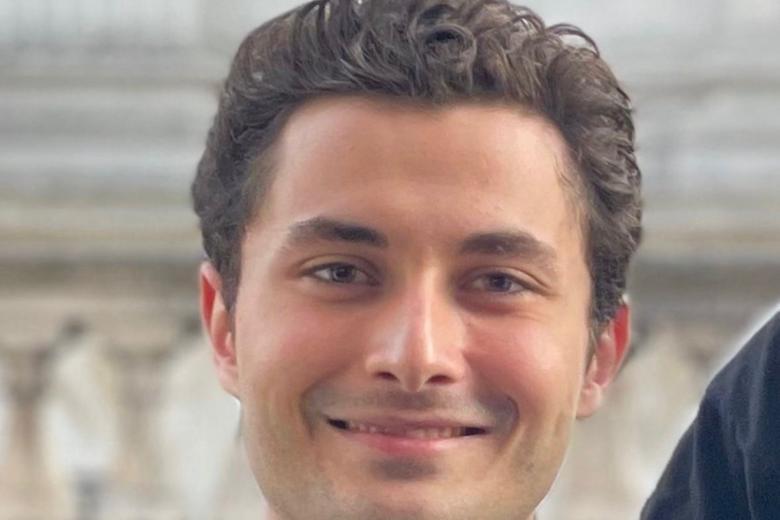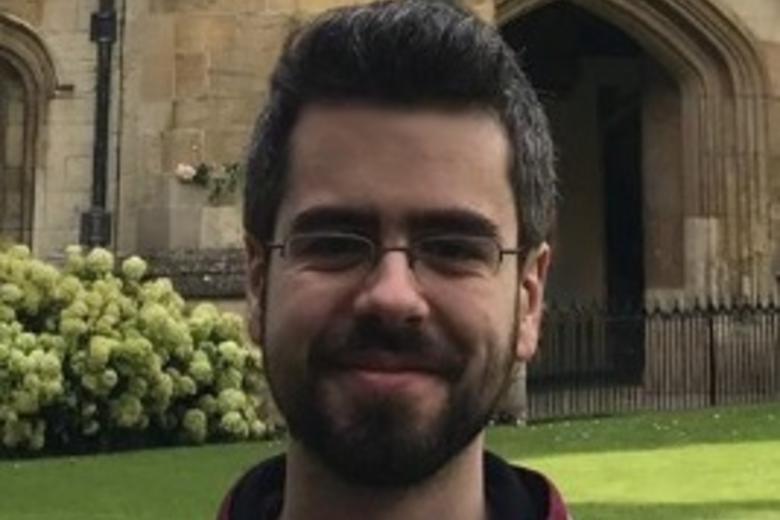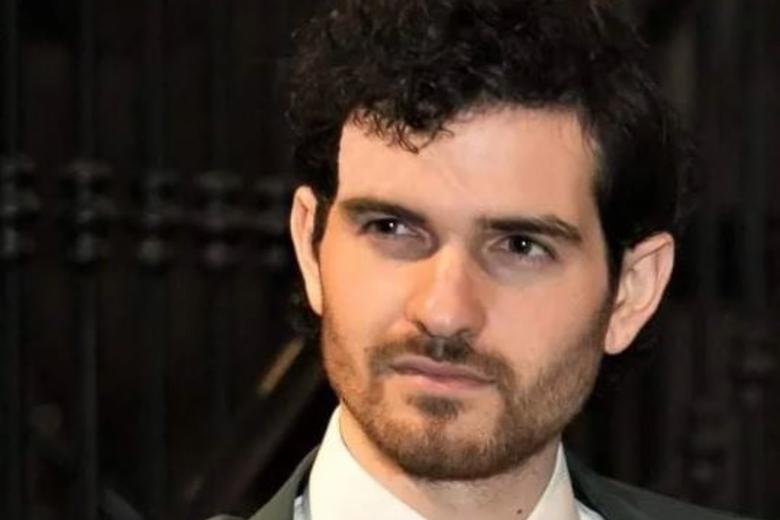Dr Quentin Atkinson
People
Director
Director of the Centre for the Study of Social Cohesion
Harvey Whitehouse is an anthropologist whose research focuses on the evolution of social complexity. One of the founders of the cognitive science of religion, Harvey is well known for his theory of “modes of religiosity,” which explains how the frequency and emotional intensity of collective rituals influence the scale and structure of religious organisations. He is Chair of Social Anthropology at the University of Oxford and a Professorial Fellow of Magdalen College.
For more information about Harvey’s work, please visit harveywhitehouse.com.
Lab Group Leaders
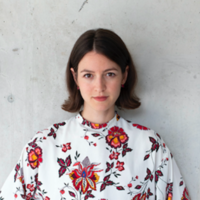
The Violent Extremism Lab
Dr Julia Ebner is a researcher specialising in radicalisation, extremism and terrorism studies. She is a postdoctoral researcher at the Calleva Centre of Evolution and Human Sciences at the Magdalen College, Oxford studying why authoritarian leaders use violence to achieve their objectives. Julia completed her DPhil in Anthropology at the University of Oxford as a fully funded ESRC DTP Scholar and a St John’s College Alumni Fund Scholar. Her DPhil research was a finalist for the ESRC Impact Prize 2023 and won the MRS President’s Medal 2023. Julia's first book The Rage: The Vicious Circle of Islamist and Far-Right Extremism (Bloomsbury Academic, 2017) received the 2018 Bruno Kreisky Award for the Political Book of the Year 2018 and was translated into several languages. Her second internationally bestselling book Going Dark: The Secret Social Lives of Extremists (Bloomsbury) was a Telegraph Book of the Year 2020 and won the "Science Book of the Year 2020" prize ("Wissenschaftsbuch des Jahres 2020") as well as the Dr Caspar Einem Prize. Her latest book Going Mainstream: How Extremists Are Taking Over (Ithaka Press) was released in 2023.
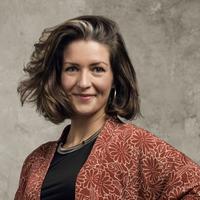
The Changing Lives Lab
Dr Martha Newson uses an evolutionary angle to understand human culture and behaviour. She focuses on the themes of belonging, ritual and transformative experiences, themes central to both her academic research and her consultancy practice, with clients including the Premier League, Hyundai, and Guinness. To better understand group bonding, conflict, and intergroup violence, she has worked with unusual and extreme groups across the world, from Brazilian football hooligans to fundamentalist Muslims in Indonesia and partygoers in Britain’s underground rave scene. Her research on social contact and wellbeing during the pandemic spanned 122 countries and reached over 10,000 people. Martha currently leads research with the UK’s Ministry of Justice, His Majesty’s Prison and Probation Service and major British football clubs to investigate how football identities could be harnessed to improve behaviour in prison and reduce reoffending through the Twinning Project. She has been awarded over £1.5m in research funding, including a Future Leaders Fellowship titled ‘Righting Recidivism’. Martha completed her DPhil and MSc at the University of Oxford, where she was St Cross Scholar in Anthropology with full funding from ESRC. She completed a BSc in Human Sciences at the University of Sussex, where she was awarded the VC scholarship. Her research features regularly in international media, including interviews across BBC television and radio, Sky TV, and appearances on the Spielberg-produced documentary series ‘Why We Hate’.
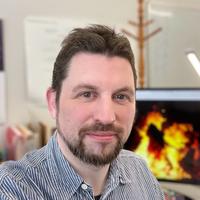
The Ritual, Cohesion and Charisma Lab
Dr Christopher Kavanagh has a strong background in cross-cultural research, focusing on ritual psychology, group bonding through ritual experiences, and the impact of transformative events on autobiographical identity. He also has a strong interest in the psychological dynamics of modern conspiracy communities, online gurus, and charismatic leaders. His research has employed mixed methods from anthropology and psychology to explore the mechanisms and transformative power of collective rituals, as well as exploring the distinctive features of distinctive cultural and religious environments. He has worked on several large-scale, international projects at the CSSC exploring rituals worldwide, such as the ESRC Ritual, Community, & Conflict project (2011-2017) and the ERC Ritual Modes project (2018-2020). And most recently, served as a senior researcher and coordinator for the Freedom of Religion or Belief Network (FoRBLN), also at the CSSC. This cross-cultural project, backed by an international consortium of churches and human rights organizations, aimed to promote global freedom of religion and belief while encouraging barrier-crossing leadership in post-conflict societies.
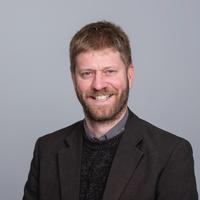
The World History Lab
Professor Pieter Francois studies world history over long timescales. He designs methodologies to understand patterns in world history quantitatively and constructs infrastructures to store and query world historical data. He also studies how religious tolerance, ritual, social complexity and peace have evolved in world history. He is the Founding Director of the Seshat Global History Databank. He is the PI on numerous world history and digital humanities grants and at the Alan Turing Institute he is the Theme Lead for the Arts and Humanities and PI of the AHRC-funded Data/Culture. Building Sustainable Communities for Arts and Humanities datasets and software.
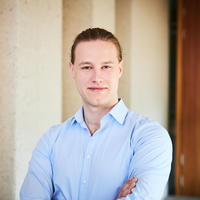
The Global Cohesion Lab
Dr Lukas Reinhardt is a behavioural economist specializing in global identity and social cohesion on a global scale. He is also a research affiliate at the Identity and Conflict Lab at Yale University and has conducted his doctoral studies at the Department of Economics at the University of Cologne. Lukas was a visiting scholar at Harvard, the University of Pennsylvania, and the UN Research Institute for Social Development (UNRISD). His research focuses on analysing the causal effectiveness of strategies aiming at strengthening global identity and global cohesion in order to mitigate conflict and facilitate cooperation on pressing global problems. He has also conducted research on social cohesion in the contexts of political polarization, migration, and ethnic conflict.
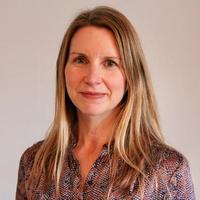
The Social Body Lab
Professor Emma Cohen is a cognitive and evolutionary anthropologist with interdisciplinary research interests in the evolution and psychology of human sociality. Her current primary research studies social affiliation in everyday human behaviour, culture and health. Drawing together ideas and evidence across the human sciences, her work develops and tests new hypotheses about how human minds and bodies function in social and cultural context. All projects are collaborative and use a range of methodologies, from large scale survey and observational analyses to controlled experiments and intervention studies. The ideas and evidence are relevant to a range of major public health concerns, including physical inactivity, loneliness and mental health.
The Morality-as-Cooperation Lab
Dr Oliver Scott Curry is a Research Affiliate at the School of Anthropology and Museum Ethnography, University of Oxford, and is is Chief Science Officer for Kindlab, at kindness.org. He received his PhD from the London School of Economics in 2005. His academic research investigates the nature, content and structure of human morality. Oliver is currently writing a book entitled "How to be Good: The new science of right and wrong" (Penguin/Hachette).
Lord John Alderdice
Lord John Alderdice
Professor Scott Atran
Professor Scott Atran
Professor Michael Cowan
Professor Michael Cowan
Professor Michele Gelfand
Professor Michele Gelfand
Sir Peter Gluckman
Sir Peter Gluckman
Professor Carlos Alvarado Quesada

